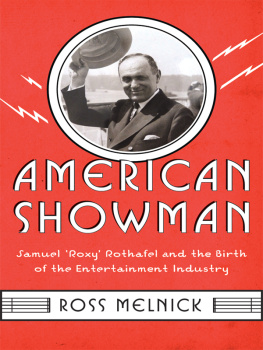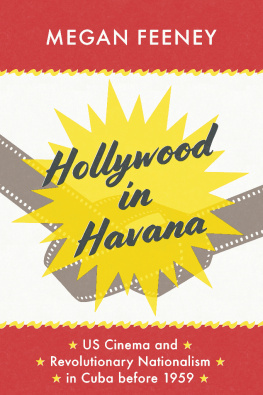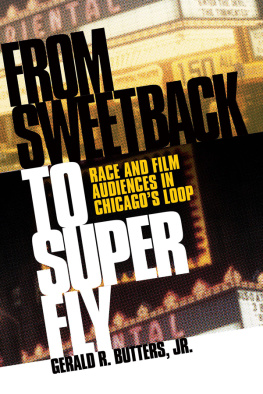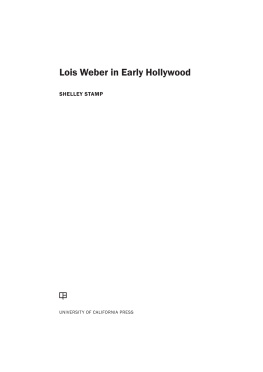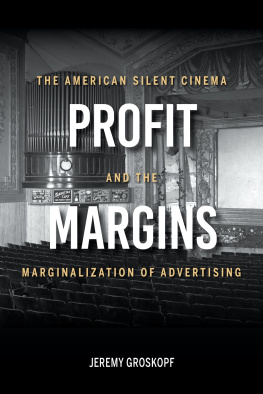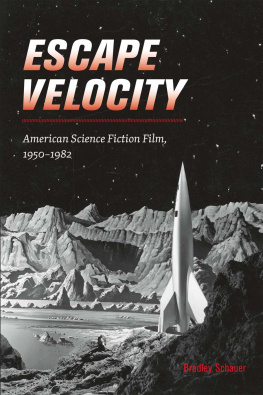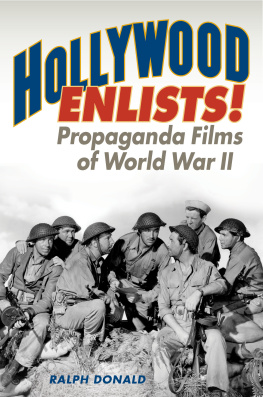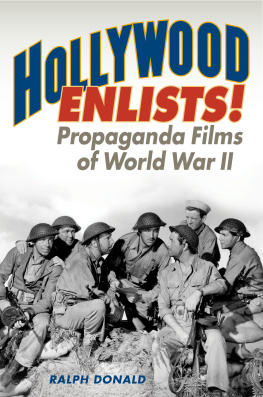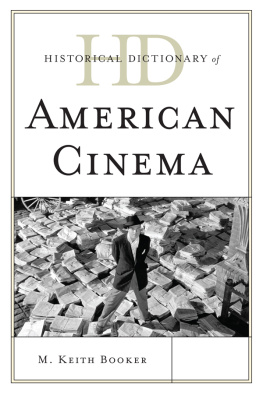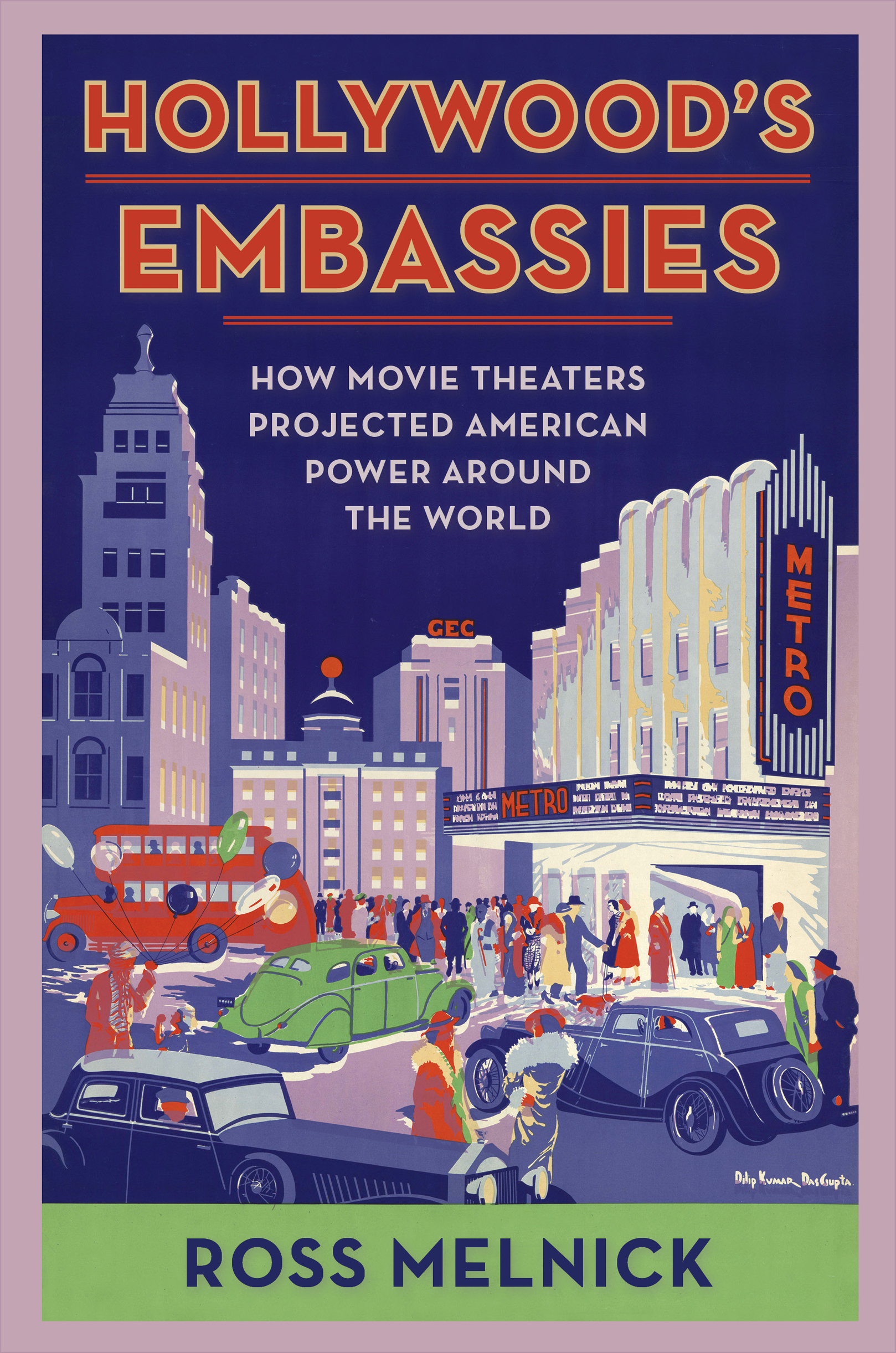Contents
List of Figures
Guide
Pagebreaks of the print version
HOLLYWOODS EMBASSIES
FILM AND CULTURE SERIES
FILM AND CULTURE
A series of Columbia University Press
Edited by John Belton
For a complete list of titles, see .
HOLLYWOODS EMBASSIES
How Movie Theaters Projected American Power Around the World
ROSS MELNICK
Columbia University Press
New York

Columbia University Press
Publishers Since 1893
New YorkChichester, West Sussex
cup.columbia.edu
Copyright 2022 Columbia University Press
All rights reserved
E-ISBN 978-0-231-55413-8
Library of Congress Cataloging-in-Publication Data
Names: Melnick, Ross, author.
Title: Hollywoods embassies : how movie theaters projected American power around the world / Ross Melnick.
Description: New York : Columbia University Press, [2021] | Series: Film and culture series | Includes bibliographical references and index.
Identifiers: LCCN 2021020183 (print) | LCCN 2021020184 (ebook) | ISBN 9780231201506 (hardback) | ISBN 9780231201513 (trade paperback)
Subjects: LCSH: Motion picture theatersPolitical aspects. | United StatesForeign relations20th century. | United StatesForeign relations21st century. | CivilizationAmerican influences.
Classification: LCC NA6845 .M35 2021 (print) | LCC NA6845 (ebook) | DDC 725.823dc23
LC record available at https://lccn.loc.gov/2021020183
LC ebook record available at https://lccn.loc.gov/2021020184
A Columbia University Press E-book.
CUP would be pleased to hear about your reading experience with this e-book at .
Cover design: Milenda Nan Ok Lee
Cover image: Calcutta by Dilip Kumar DasGupta. Courtesy of the Library of Congress.
This work was supported by a grant from the Academy Film Scholars Program of the Academy of Motion Picture Arts and Sciences.
CONTENTS
I must begin, as I did for my earlier book American Showman, by noting that the seeds of Hollywoods Embassies were planted almost two decades ago in a graduate silent film seminar taught by Chris Horak at UCLA in 2003. I was one year into my research on Samuel Roxy Rothafel when I began noticing that a number of Roxys former colleagues at the Capitol Theatre in New York were being sent by Loews to Paris to upgrade the opulent Gaumont Palace. This breadcrumb led me to the Gaumont-Loew-Metro agreement and a thousand more discoveries along the way.
This global research remained largely in the background until 2010 when I arrived at the Bill and Carol Fox Center for Humanistic Inquiry (CHI) at Emory University as a Postdoctoral Fellow and started a captivating year of research that began to reveal the scale and scope of Hollywoods exhibition operations overseas. Now, after a decade of traveling to archives, libraries, and cinemas around the world, Hollywoods Embassies is finally complete.
You certainly cant work on a book like this without a tremendous infrastructure of family, friends, colleagues, institutions, and granting bodies that make this kind of work possible.
I must first thank, once more, my mentors at UCLA who trained me and supported this research at its inception: my amazing doctoral committeeJanet Bergstrom, John Caldwell, Steve Mamber, and David Myersas well as faculty members Chris Horak, Denise Mann, Michael Friend, Jonathan Kuntz, Chon Noriega, and the dearly missed Steve Ricci. Their historiographical training continues to inform my research and writing. Vincent Brook, Nick Browne, Teshome Gabriel, Kathleen McHugh, and Vivian Sobchack were also essential to that experience.
As mentioned, this project blossomed at the CHI and I must, once again, thank then-CHI director Martina Brownley; associate, now executive, director Keith Anthony; and staff members Colette Barlow and Amy Erbil. CHI colleagues and friends who made a tremendous impact that year include Emory faculty members Deepika Bahri, Yayoi Everett, and Jeffrey Lesser as well as my postdoctoral colleagues Danielle Bobker, Amy Gansell, and Amanda Golden. My conversations with Deepika were invaluable, as was her friendship. Jeff was equally wonderful, and he whet my appetite for my future research on, and visit to, Brazil. Across campus I found a second home and an amazing Film Studies department led by the always incomparable Matthew Bernstein. Matthew has continued to be a constant source of wisdom and, best of all, friendship, ever since. Leslie Taylor and David Pratt took me in when I arrived at Emory and made that incredible year even more special. James Steffens was the kind of librarian/scholar one can only dream of working with. Finally, Benny Hary was an invaluable guide to thinking about cinema in both Egypt and Israel and his friendship and support were even more essential.
As an assistant professor at Oakland University in 2011, I began working on this book in earnest with all of the materials I had gathered at Emory. I thank Kyle Edwards and all of my former colleagues at Oakland in Cinema Studies, Media Studies, and English for the support they provided this project and the students I learned from that year. What an amazing group they were.
In 2012 I began a new position in the Department of Film and Media Studies at UC Santa Barbara. Each and every one of my colleagues has played a pivotal role in supporting me and this book over the past decade. I must first thank Cristina Venegas, who picked me up from the airport when I landed from snowy Detroit and welcomed me to the best academic home one could ask for. I profusely thank my faculty colleagues Peter Bloom, Anna Brusutti, Alenda Chang, Michael Curtin, Mona Damluji, Dana Driskel, Anna Everett, Cynthia Felando, Dick Hebdige, Jennifer Holt, Wendy Jackson, Chris Jenkins, James McNamara, Michael Miner, Lisa Parks, Patrice Petro, Bhaskar Sarkar, Laila Shereen Sakr, Greg Siegel, Naoki Yamamoto, Janet Walker, and Charles Wolfe. What an incredible array of brain power and warmth. Janet encouraged me to travel extensively; Chuck provided methodological genius; Michael and Jen facilitated my global research; and Peter, Bhaskar, and Cristina provided tremendous insights into Africa, South Asia, and Latin America, respectively. I must also thank Greg and Patrice for their constant encouragement and the important questions they have raised along the way. There is simply no chance this book would have been the same without them and all of my amazing colleagues. Im also eternally grateful to the hardest working staff in the world, Catherine Cox, Kathy Murray, Joe Palladino, Janice Strobach, and Dana Welch, who made this book and everything else possible. I must also thank Executive Vice Chancellor David Marshall for his tremendous support as dean of Humanities and Fine Arts as well as the wonderful deans that followed him, John Majewski and Mary Hancock. This project has been supported by four different chairs of my department and I thank them for all of their support, big and small. Over the years Ive also learned so much from the students in my graduate global film exhibition seminar. Their own research and our innumerable discussions have been central to how I present this book and how I hope it can be useful in and out of the classroom. There is so much about global film exhibition still to discover.


